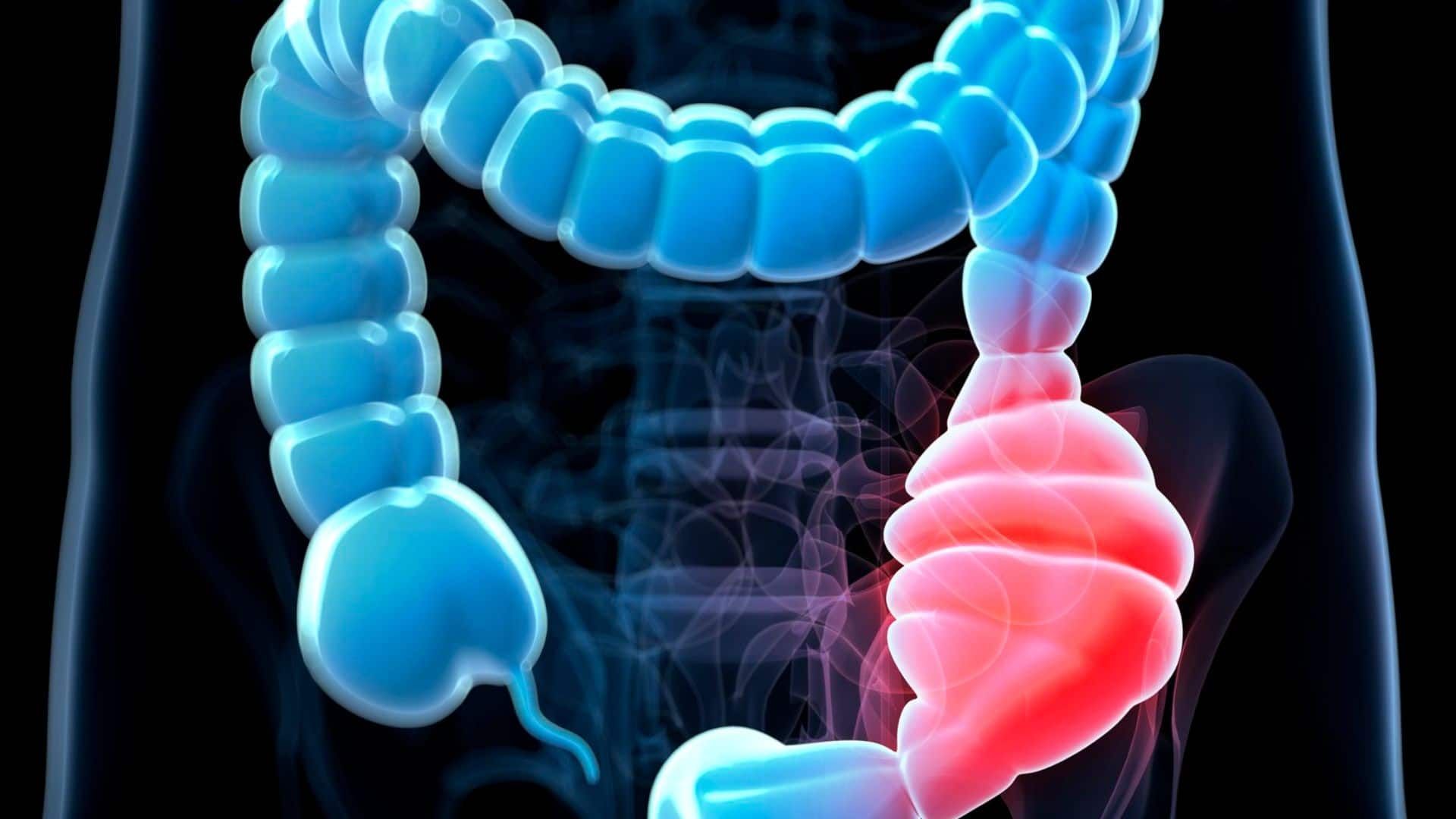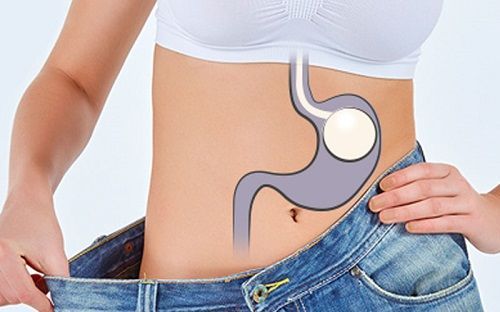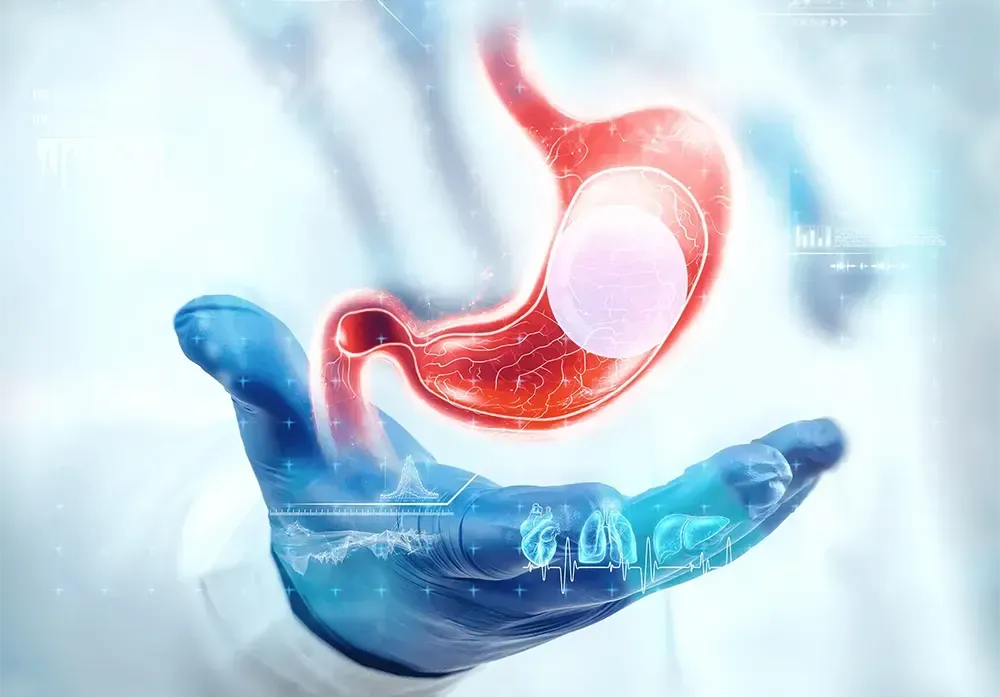Hemorrhoid Treatment: How Long Do Hemorrhoids Last?
In some people, hemorrhoids clear up after a few days. In other cases, they can become a regular occurrence.
Hemorrhoids come from small clusters of veins in the anus and lower rectum. They develop when the veins become swollen or irritated.
Some people may need a hemorrhoid treatment , such as medication or medical procedures to minimize their symptoms and shrink the hemorrhoids.
They can cause pain and make simple activities, such as sitting or walking uncomfortable or challenging.
In this article, learn more about how long hemorrhoids last, including during pregnancy and after birth, and how to get relief through treatments and home remedies. We also look at when to consult a gastroenterologist and the recovery period.
Duration
There is no set duration for hemorrhoids. Small hemorrhoids may clear up without any treatment within a few days.
Large external hemorrhoids may take longer to heal and cause significant pain and discomfort. If hemorrhoids have not resolved within a few days, it is best to see a doctor for treatment.
Risk factors for severe or recurrent hemorrhoids include:
- not getting enough fiber
- living a sedentary lifestyle
- having chronic constipation
- having chronic diarrhea
- straining while having a bowel movement
Some of the above factors can also make it difficult for hemorrhoids to heal, allowing the problem to persist for longer.
During pregnancy
Hemorrhoids are a common problem during pregnancy, especially during the third trimester.
The extra weight that a woman carries during pregnancy may strain the veins in the anus and rectum. As the uterus grows, it also puts pressure on the veins near the rectum.
Hormonal changes may relax the veins in this area, making hemorrhoids more likely.
Hormonal and physical changes can also cause gastrointestinal problems, such as constipation or diarrhea, which increase a person’s risk of hemorrhoids.
After birth
Development of hemorrhoids can also take place 1–2 days after childbirth. Childbirth can increase the risk of hemorrhoids by approximately 8 times.
A 2022 study reported the occurrence of hemorrhoids in 38% of women after the first pregnancy; this increases further after other pregnancies.
Causes of hemorrhoid development after birth include:
- method of delivery, where women with normal and instrumental delivery are at a higher risk of developing hemorrhoids
- prolonged birth
- prolonged pregnancy and second stage of labor
- more than 20 minutes of straining duration
- high weight of newborns
Treatment
Treatment of hemorrhoids depends on type and severity. Most cases of hemorrhoids heal on their own through simple lifestyle and dietary changes. During this time, a person should rest and avoid doing anything that strains or puts pressure on the area.
Few mild cases of hemorrhoids require medications and nonsurgical interventions. However, severe cases require surgery when all other treatment options have been ineffective.
Over-the-counter (OTC) medications
Medications for hemorrhoids are available to purchase OTC in the form of:
- ointments
- topical creams
- gels
- suppositories
- lotions
- pads
Medicated creams, such as phenylephrine gel (Preparation H), can help relieve itching and discomfort.
There is a selection of hemorrhoid treatments available for purchase online. However, a person should check with their doctor before taking any treatments.
Prescription medications
If OTC treatments have little or no effect, a doctor may be able to prescribe more effective ointments. A few of the commonly prescribed topical medications include:
- Corticosteroids : These can help to reduce inflammation resulting from hemorrhoids. However, long use of corticosteroids can damage the skin.
- Lidocaine: Lidocaine, in combination with tribenoside, acts as a local anesthetic. This combination can help to reduce inflammation as well as help the recovery of local blood vessels.
- Phlebotonic drugs: These drugs can improve the overall symptoms of hemorrhoids and reduce bleeding.
- Zinc oxide: Creams containing zinc oxide can help to reduce anal itching that may result from hemorrhoids.
People who often have hemorrhoids or experience complications, such as blood in the stool, should speak with a doctor. The doctor may recommend alternative treatments or run tests to rule out underlying causes.
Nonsurgical treatments
Nonsurgical treatments include:
- Rubber band ligation : This procedure involves placing a rubber band near the base of the hemorrhoids to cut blood supply. This shrinks the hemorrhoids, and they fall off.
- Infrared photocoagulation: This involves a device that focuses infrared light on the hemorrhoids. The heat from the infrared light blocks blood supply resulting in shrinkage of the hemorrhoids.
- Sclerotherapy : This procedure involves injecting a solution into hemorrhoids that blocks blood supply and causes shrinkage.
- Electrocoagulation: During this procedure, doctors use a device that sends an electric signal to hemorrhoids that cut off blood supply and shrink them.
Surgical treatments
Only a few people with severe hemorrhoids undergo surgery. Doctors recommend surgery only when all other treatments have been unsuccessful. The surgical treatments include hemorrhoidectomy and hemorrhoid stapling.
During a hemorrhoidectomy, a doctor uses an anesthetic to remove external or prolapsed internal hemorrhoids.
Hemorrhoid stapling involves a doctor using a stapling tool to remove internal hemorrhoid tissue and pull a prolapsing internal hemorrhoid into the anus. This procedure also requires an anesthetic.
Severe hemorrhoid treatments
People who experience severe hemorrhoids may need more intensive treatment, including medical procedures. These procedures can include:
- Rubber band ligation: This is the most common nonsurgical procedure for removing hemorrhoids. A doctor will place a small, tight band around the hemorrhoids to cut off circulation to the tissue and allow it to fall off.
- Sclerotherapy : During this, a doctor injects a chemical medication into the hemorrhoids to shrink them. Doctors may also use heat, light, or freezing temperatures.
- Surgical removal: Doctors only recommend this in cases where hemorrhoids do not respond to at-home or in-office methods. Surgery is usually successful and prevents the hemorrhoids from coming back.
Home remedies
A few home remedies for hemorrhoids include:
- taking fiber supplements
- sitting in a warm tub of water, also known as a sitz bath
- applying a cold compress
- drinking adequate fluids
- taking pain relievers such as aspirin and ibuprofen
When to consult a doctor
People must visit a doctor if they are experiencing the following symptoms:
- rectal bleeding
- dizziness or lightheadedness
- change in color of stool
- persisting symptoms even after one week of home remedies
Doctors can confirm a hemorrhoid diagnosis by carrying out a digital rectal exam and other procedures. They will recommend a suitable treatment depending on the severity and type of hemorrhoids.
Early detection and treatment of hemorrhoids prevent the development of severe cases that are quite painful and adversely impact a person’s quality of life.
Recovery
Some dietary and lifestyle changes may help with healing and prevention for people who get hemorrhoids regularly.
Diet
Straining during bowel movements is a common cause of hemorrhoids, but people can make dietary adjustments to reduce their need to strain.
Including plenty of fiber-rich foods in the diet is generally beneficial. Plant fibers help collect water in the stool, making it softer and easier to pass. These come from:
- fruits
- vegetables
- nuts
- grains
Supplementing the diet with soluble fiber, such as methylcellulose (Citrucel) is an example of MiraLAX or psyllium (Metamucil), may reduce constipation.
Drinking plenty of water throughout the day helps ensure that the body has enough hydration for healthy digestion, which can also ease constipation.
Lifestyle
Making a few small lifestyle changes can help minimize the symptoms of hemorrhoids. Some tips include:
- using a small seat to prop up the legs while having a bowel movement to change the position of the anal canal, which may make it easier to pass stool
- avoiding delaying a bowel movement when the need arises
- taking regular showers
- gently washing the anus in the shower after each bowel movement or using moist toilet wipes or water from a bidet
- taking a warm sitz bath to relieve symptoms
- sitting on an ice pack to reduce pain or discomfort
- exercising regularly to help stimulate bowel movements
Spending too much time on the toilet can cause blood to pool in the veins in the rectum or put unnecessary pressure on them.
Summary
Hemorrhoids are usually not severe, but they can be bothersome and make daily life difficult.
How long hemorrhoids last can vary from person to person, but a range of OTC remedies and medical options are available to treat them.
There are also some simple changes that people can make to their diet and lifestyle to achieve symptom relief and prevent new hemorrhoids from forming.
Medically reviewed by Alana Biggers, M.D., MPH — By Jon Johnson —
The post Hemorrhoid Treatment: How Long Do Hemorrhoids Last? appeared first on Gastro SB.










